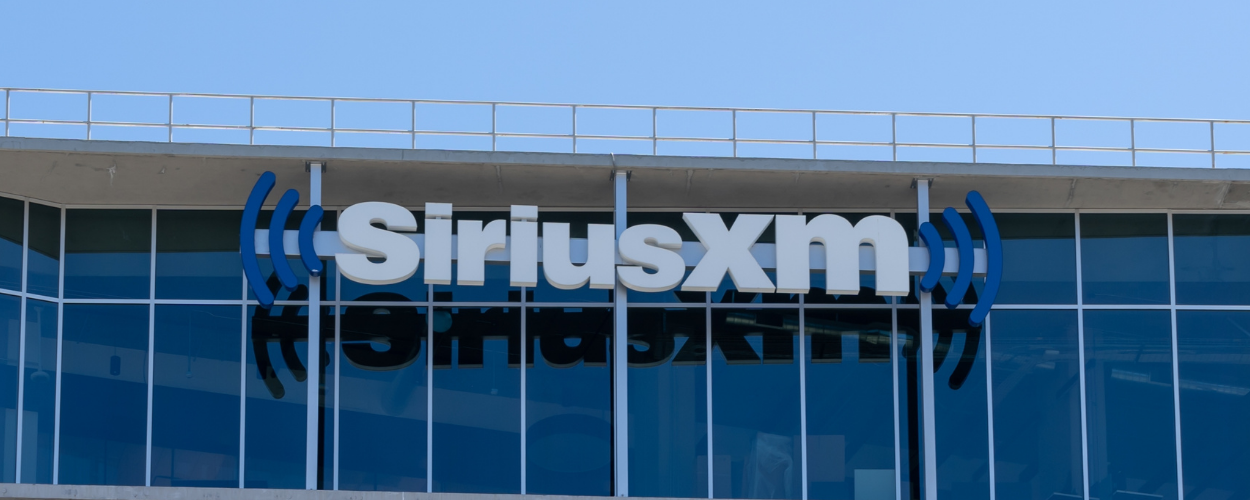This website uses cookies so that we can provide you with the best user experience possible. Cookie information is stored in your browser and performs functions such as recognising you when you return to our website and helping our team to understand which sections of the website you find most interesting and useful.
Business News Digital Legal Media Top Stories
SoundExchange sues Sirius over $150 million in allegedly unpaid royalties
By Chris Cooke | Published on Thursday 17 August 2023

US collecting society SoundExchange has sued satellite broadcaster SiriusXM over alleged unpaid royalties that exceed $150 million. The dispute centres on how Sirius allocates monies paid by its subscribers to the separate satellite and webcasting services that it operates, because that impacts on how much money it pays for the recordings it uses.
Satellite and online broadcasters in the US can rely on a compulsory licence when it comes to recorded music, meaning they can make use of any recordings at royalty rates set by the good old Copyright Royalty Board. SoundExchange administrates the compulsory licences, collecting the money that is due on behalf of artists and labels.
Different compulsory licences apply for different kinds of operators and services, which means there is one licence for the main Sirius satellite radio service and another for its internet-based set-up. Under the former it must pay the record industry a percentage of its gross revenues, whereas the latter is based on a per-play payment.
But what happens when Sirius sells subscription packages that include access to both its satellite and webcasting services? The rules say that Sirius can allocate some of the subscription money to the satellite service and some to the webcasting service. The revenue share royalty on the former is then calculated based on whatever money is allocated to it.
That allocation process is called the “webcasting exclusion”, and the rules provide some guidance on how it should be managed. As SoundExchange notes in its lawsuit, the Copyright Royalty Board has confirmed that the compulsory licence “does not afford Sirius XM unfettered discretion” over how it allocates revenue.
But, SoundExchange argues, Sirius has not been adhering to that guidance, instead allocating monies in a way that simply reduces how much money it needs to pay over to the record industry. Hence why the society reckons it is owned over $150 million.
Noting how Sirius has increased the percentage of each subscriber’s payment that it allocates to webcasting in recent years, in part based on a “private survey”, SoundExchange states that those increases “defy the purpose of the exclusion, ignore Sirius XM’s actual business practice, and rely on patently unreasonable surveys. They are Sirius XM’s cynical attempt to avoid paying the royalties it plainly owes”.
The society’s lawsuit also confirms that “the royalties Sirius XM has withheld by excluding revenue under the webcasting exclusion far exceed the royalties Sirius XM has paid for webcasting, resulting in a windfall to Sirius XM”.
Commenting on the lawsuit, which also includes an audit dispute, SoundExchange boss Michael Huppe says: “It is extremely unfortunate that we must bring this action on behalf of creators against SiriusXM”.
“In recent years we have viewed SiriusXM as a willingly lawful and compliant company that shares our desire for a robust streaming marketplace”, he goes on. “But SiriusXM has and continues to wrongfully exploit the rules to significantly underpay the satellite royalties that it owes”.
“It is only because our repeated efforts to resolve this dispute have failed”, he concludes, “that we are forced to litigate on behalf of artists and rights owners upon whose hard work SiriusXM has built its business”.





